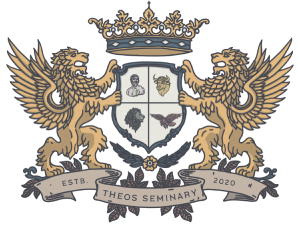
14 Courses

Colossians and Philemon
This course is a study of the canonical New Testament letter to the Colossians that surveys the historical, cultural, and theological distresses in the Colossian church. It will also examine Paul’s Christology and defense of the Gospel against the Judaizers and the
pre-Gnostics, taking into consideration the moral instructions written for the Church. Finally, students will learn how Colossians and Philemon are related.
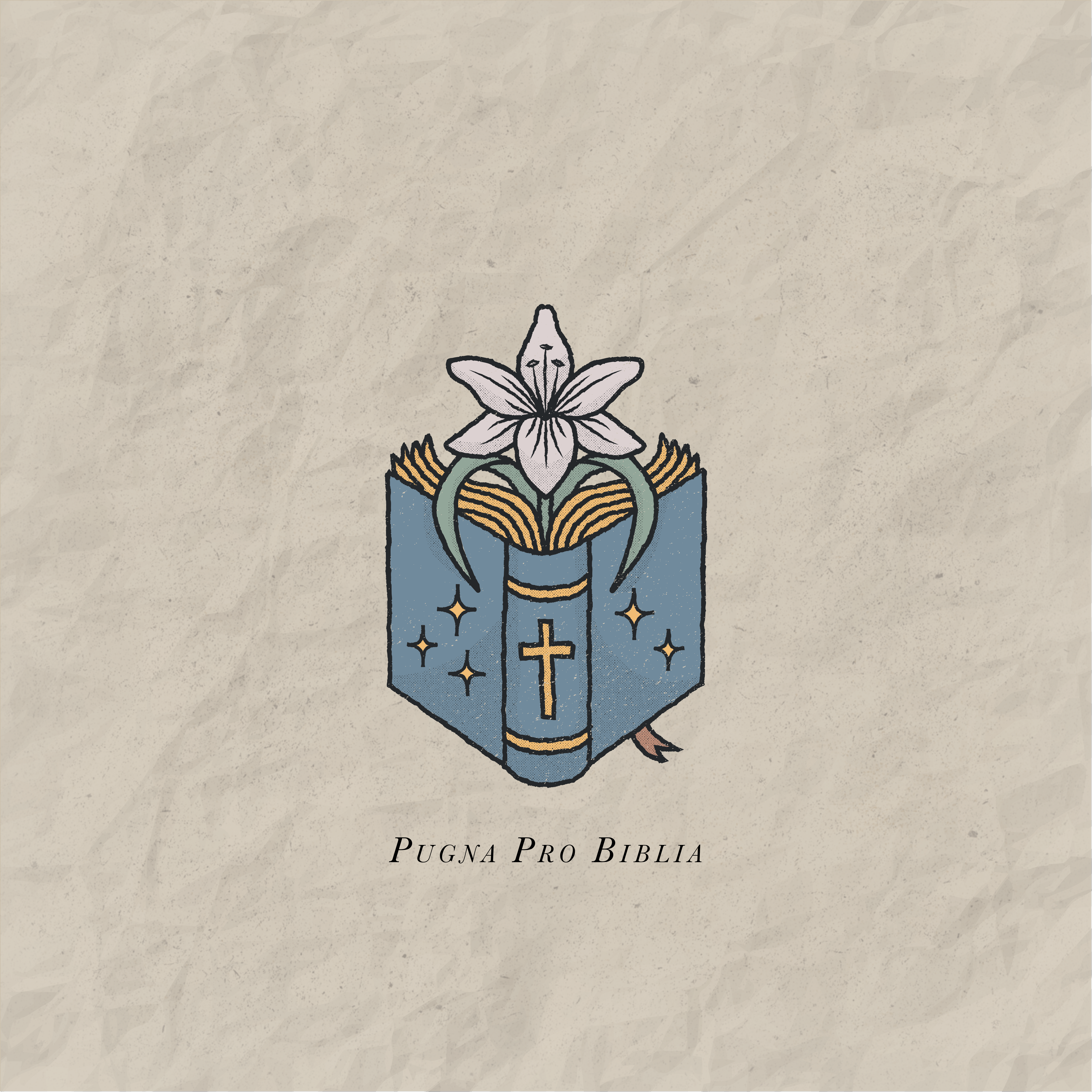
Biblical Inerrancy
This course is an in-depth examination of biblical inerrancy. Students will explore what the Biblical text and the testimony of the church says about the scripture’s accuracy while learning what liberal theology is and how liberal theology contends against inerrancy.
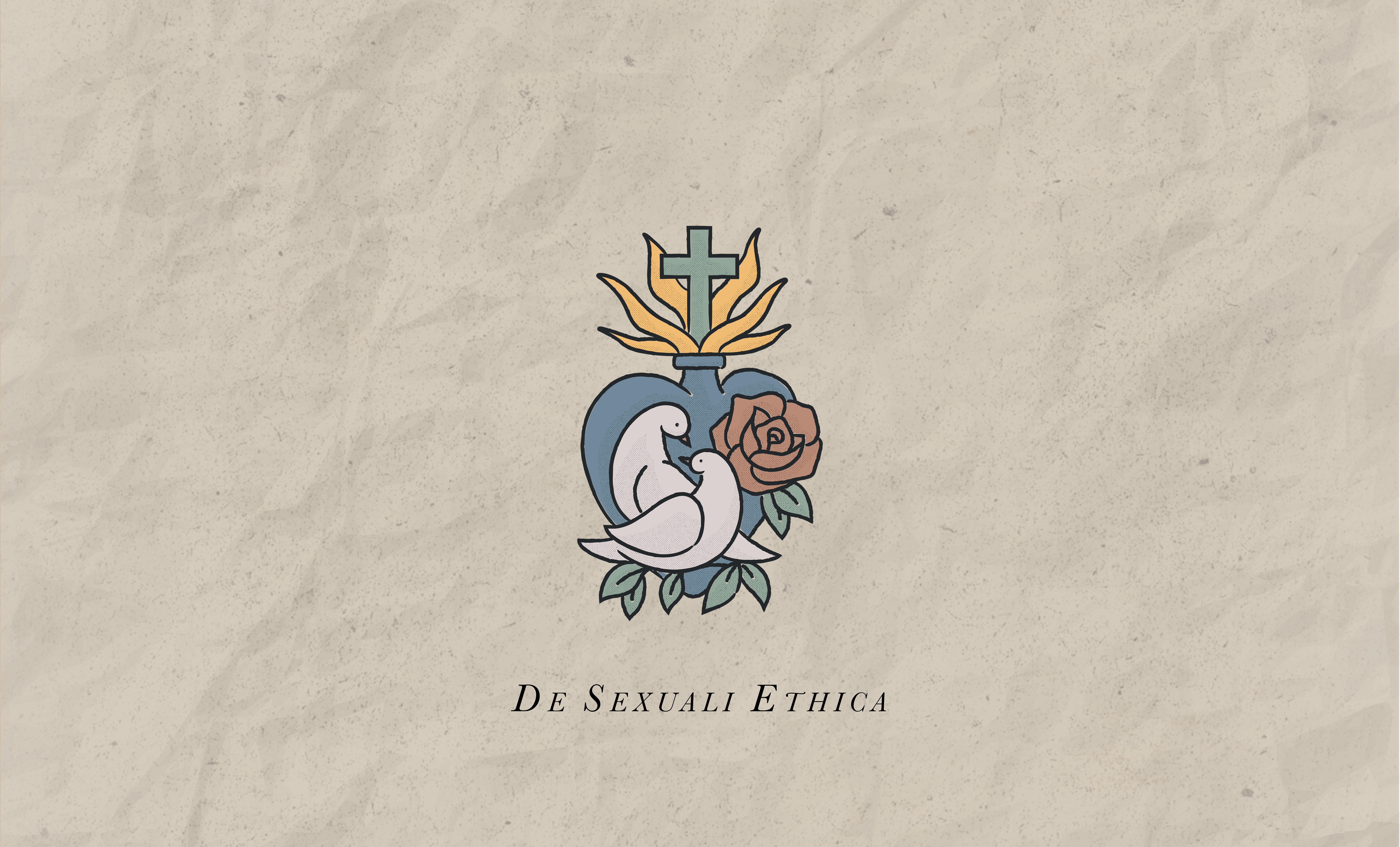
Sexuality, Singleness, and Marriage
This course offers a comprehensive theological exploration of sexuality, singleness, and marriage by integrating cultural, philosophical, and biblical perspectives. Students will examine historical and contemporary views on these topics, engage with key biblical themes, and critically reflect on the intersection of faith with current social issues of gender, identity, relationships, and human flourishing. The course encourages deep engagement on how Christian teaching informs an understanding of sexual ethics, relational commitment, and the significance of both singleness and marriage in society and the Church.

Genesis
This course is a general survey of the OT book of Genesis. Students will become familiar with historical, cultural, and grammatical insights surrounding it. They will also explore its theological themes, narrative arch, and purpose for being in the canon.
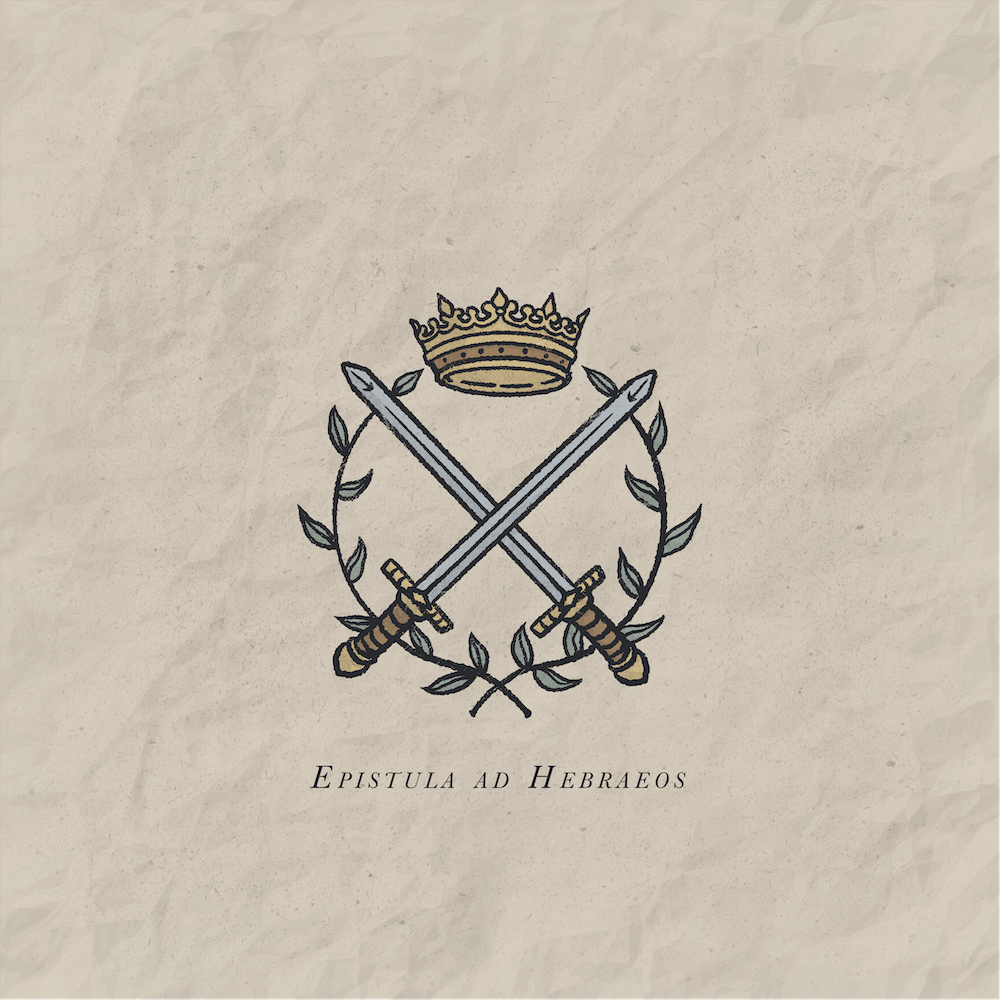
Hebrews
This course is a general survey of New Testament letter to the Hebrews. The focus of this course will be on the historical analysis of key issues facing Jewish Christians during the time of writing and the overall theology of letter.

James
This course is a general survey of the New Testament epistle, James. Students will become familiarized with key components essential to a successful reading of James including cultural and historical issues surrounding the epistle, grammatical insights, and theological themes.

Leadership Epistles
This course is a general survey of the New Testament Leadership Epistles which include 1 and 2 Timothy, and Titus. Students will learn key theological issues within these epistles and become familiarized with the occasions for which these letters were written. Historical, grammatical, and cultural insights will also be explored.

Leviticus
This course is a general survey of the book of Leviticus. Students will become familiar with the historical, cultural, and the grammatical features of the book. They will also learn how we should read Leviticus with Christian eyes and apply it today.

Petrine Literature and Jude
This course is a survey of the Petrine epistles and Jude. Students will focus on circumstances behind the epistles (authorship, grammar, use of extrabiblical literature, etc.) as well as theological themes and the author’s use of the Old Testament.
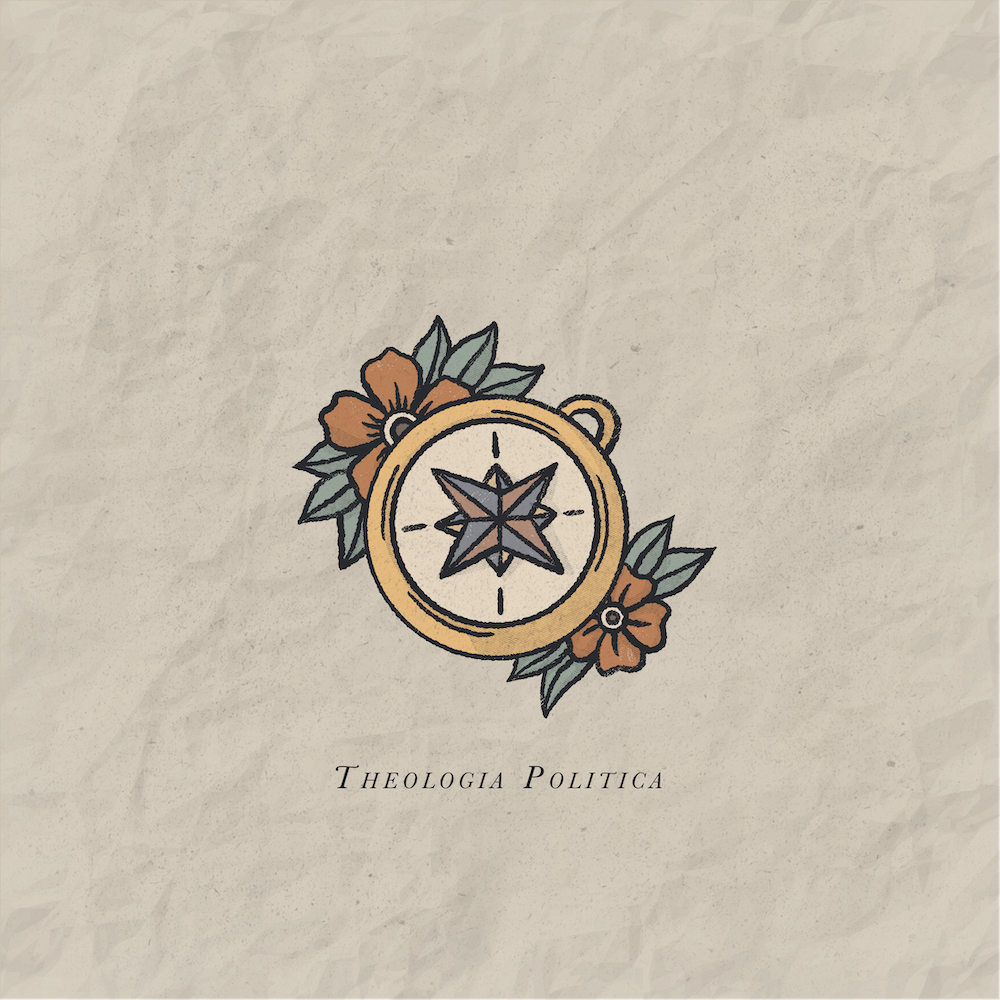
Political Theology
This course is designed to give students an introduction into how to explore the subject of politics from an orthodox perspective. Students will learn how to read Scripture faithfully while considering contemporary politics though not allowing their readings of Scripture to be determined by societal fads and political movements. Current political issues will also be examined in light of the Biblical text.

Romans
This course is a survey of Paul’s letter to the Romans. Students will focus on the historical and cultural context behind the letter as well as theological themes, including Jew/Gentile issues, that unfold as the letter develops.
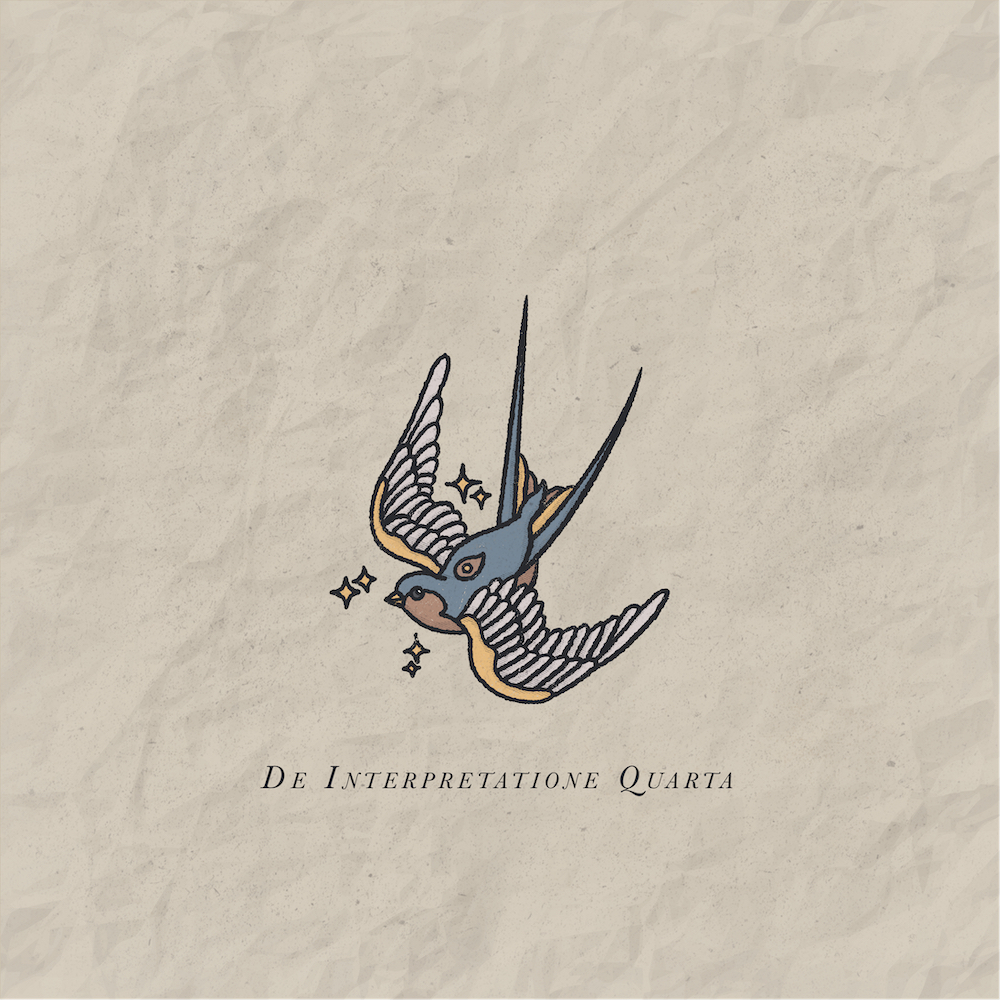
Senior Capstone Project
This course is a directed study senior research paper that will combine the student’s learning throughout their seminary experience into one capstone paper. Each student will be assigned to and guided by a professor. Students will choose a topic, narrow their topic, choose sources for their topic, lay out a methodology to approach their topic, do proper research, write their paper, present it, and defend it.
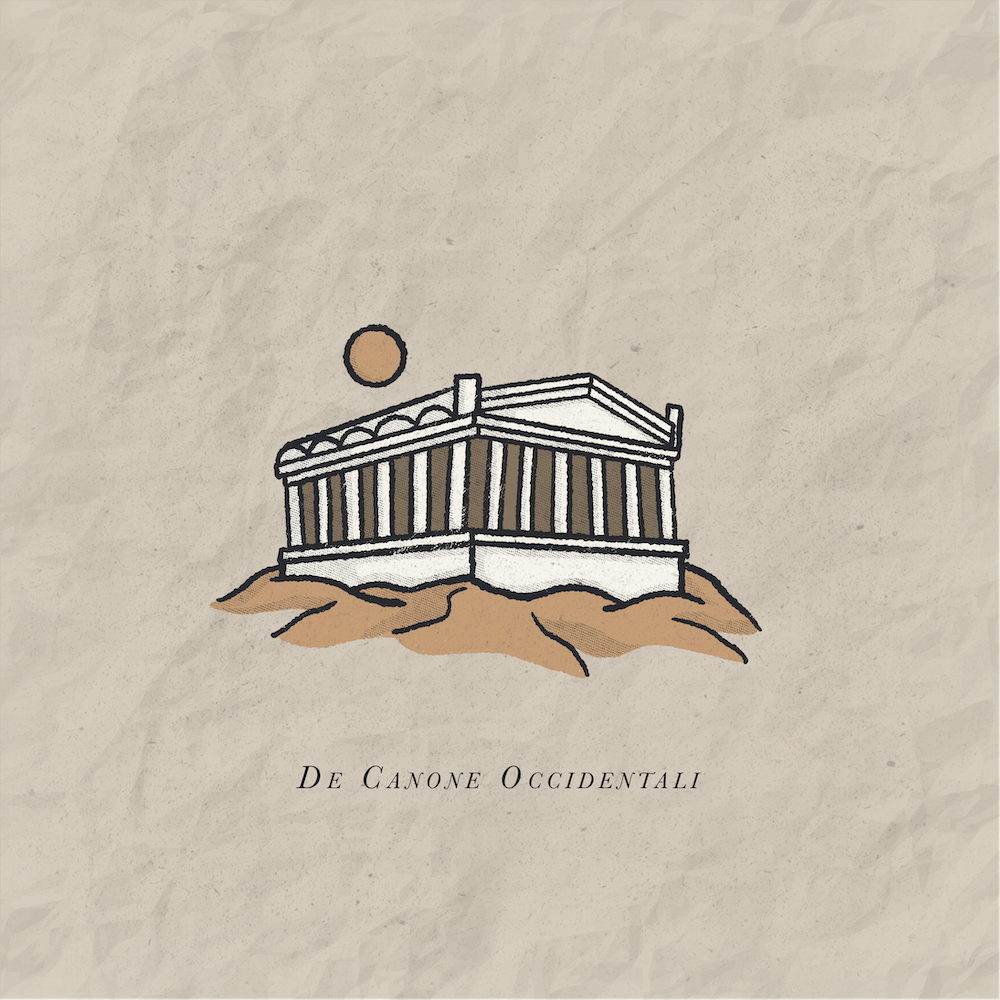
Western Canon
This course is an exploratory survey of the greatest works that have influenced and shaped Western Culture, including works that are ancient, medieval, and modern. It also includes various selection of genres such as epic poetry, autobiography, fiction, and political science.
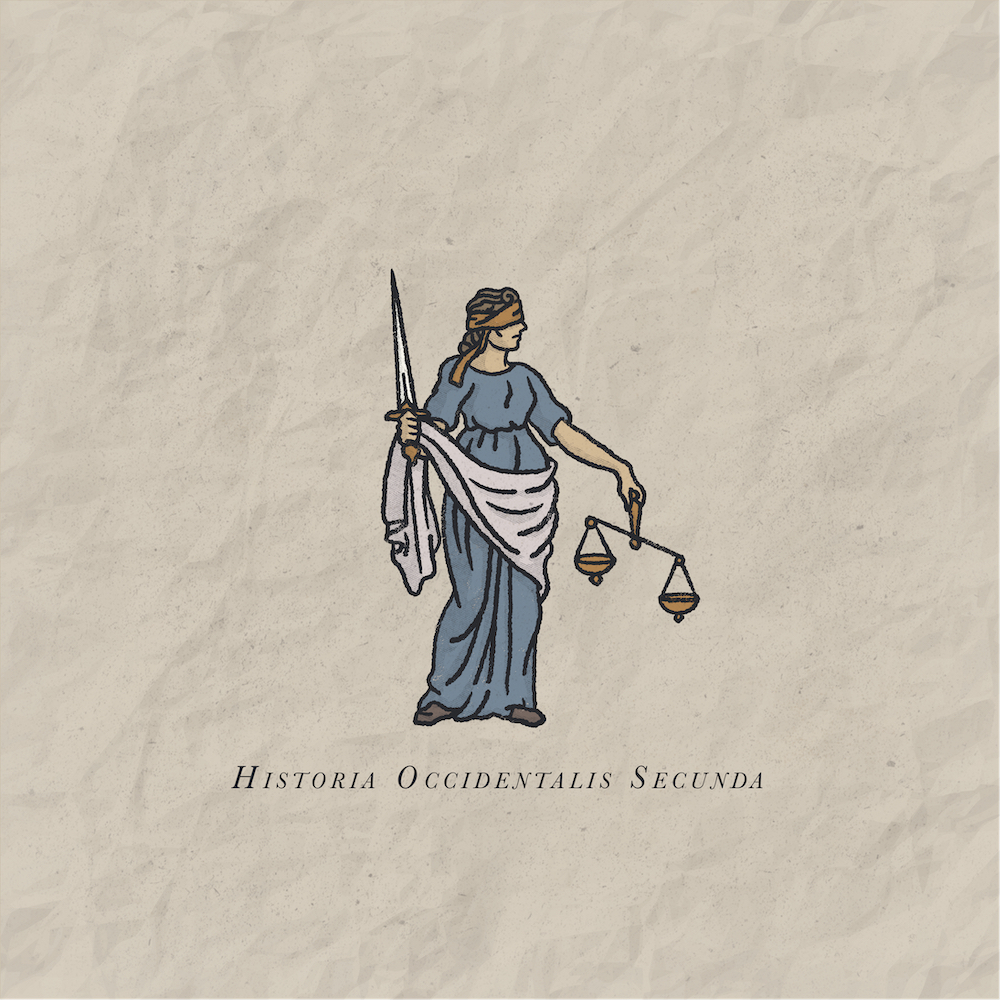
Western Civilization II
The purpose of this course is to inform and equip the student with the heritage of the civilization of the West, especially pertaining to the morals and values. Moreover, this course will seek to provide a Judeo-Christian lens to Western history as well, with the workings and allowances of God bearing in mind.
